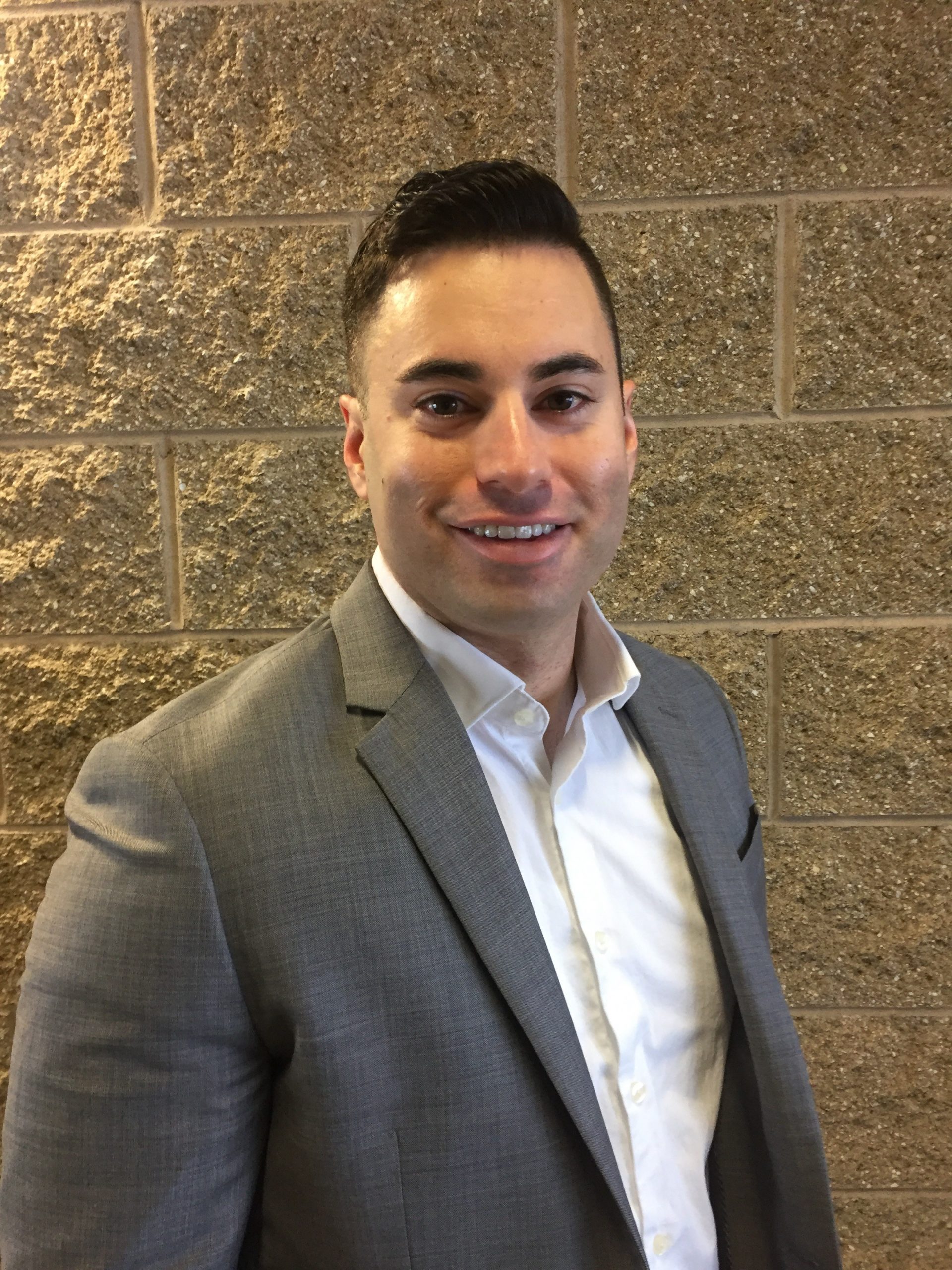Addiction is a complex and often devastating issue that affects millions of families all over the world. From drug abuse to alcohol use disorder (AUD), the struggle with addiction can have profound effects on a person’s physical health, mental health, and even their relationships.
Proper addiction treatment is essential in the face of such challenges. This is where rehab centers come in. Rehab centers give patients the necessary tools and support to overcome their substance abuse and addiction. Their goal is to help people rebuild their lives through a combination of therapy, counseling, and other medical interventions.
But one important aspect that often goes overlooked is how addiction treatment facilities market their services.
Marketing is necessary because it helps connect those in need with the appropriate resources and support systems. Here we’re going to talk about addiction treatment marketing: what it is and how it can help rehab facilities expand their reach and save more lives.
Digital Marketing for Addiction Treatment Centers
Digital marketing helps in reaching out to those who are struggling with addiction and are actively seeking help. Thanks to the power of the internet, many of these people can now use online platforms to do their own research and learn all about the different treatment options that are available. Even if they are not addicted themselves, they can seek help for those they care about.
For addiction treatment centers, this means having a strong digital presence is crucial in today’s digital age. It is possible to establish your online presence through targeted ads, informative website content, and engaging social media platforms. Various strategies allow rehab centers to connect with these individuals at the moment when they are seeking assistance the most.
Digital marketing plays a role in reducing the stigma surrounding addiction. Stigma is still one of the biggest obstacles keeping people from seeking the help that they need. They are afraid of being judged by those around them, and so this only keeps them addicted.
It’s a vicious cycle that you can break by sharing educational content, personal stories of recovery, and testimonials from past clients. Digital marketing can help treatment centers create a supportive online community that encourages addicted individuals to seek treatment without fear of judgment.
Digital marketing strategies simply ensure that reputable treatment centers are easily discoverable online. It makes it easier for patients to find reliable help amidst a sea of misinformation. It can even protect them from potentially harmful treatment options.
Here’s how digital marketing works for drug addiction treatment facilities.
How Digital Marketing Works for Addiction Treatment Centers
For addiction treatment centers, digital marketing is all about using various online strategies to reach and engage those people who are struggling with substance abuse disorders and their loved ones.
Traditionally, digital marketing involves establishing your online presence through a professionally-designed website. But now, that is just one part of a complete digital marketing strategy. Your digital marketing campaign must utilize all the channels that are available online and optimize them so that you can get your message in front of your ideal leads and prospects.
Content Marketing
Content marketing is a strategic marketing approach that is focused on creating and distributing valuable, relevant, and consistent content. The aim is to attract and retain a specific audience.
With content marketing, you are not explicitly trying to promote a brand or service. Instead, you are engaging and educating the audience, ultimately driving profitable customer action.
For addiction treatment centers, content marketing can be a powerful tool for several reasons. For starters, it allows them to establish themselves as an authority figure within the healthcare industry. This is important so that they can earn the trust of their target audience.
Content marketing for addiction treatment centers usually revolves around creating informative blog posts, articles, videos, and other content that provide valuable information about addiction, recovery, and related topics. By showing themselves as credible sources of information, addicted individuals are more inclined to reach out to them for help.
This strategy can also help treatment facilities connect with their target audience in a more meaningful way. By addressing common questions, concerns, and misconceptions about addiction treatment through their content, centers can engage with potential clients on a deeper level, building rapport and fostering trust before they even set foot in the facility.
Content gives people reason to click on your website and stay there. It is one of the best ways to establish and enhance your online presence while building credibility.
Organic SEO
Search engine optimization (SEO) is the practice of optimizing a website’s content, structure, and overall presence to increase its visibility and ranking on search engine results pages (SERPs). Notice how most people only click the first few links they see when they look up a term on Google? A high ranking is important when it comes to digital marketing.
The primary goal of SEO is to attract organic (non-paid) traffic to a website by improving its relevance and authority in the eyes of search engine algorithms.
SEO may involve different strategies such as keyword research, content optimization, link building, and technical optimization to ensure that a website is easily discoverable by users searching for relevant information or services.
For addiction treatment centers, SEO can offer significant benefits in terms of attracting potential clients and increasing awareness of their services.
Given the sensitive nature of addiction issues, people seeking help often turn to the internet for information and support. By implementing effective SEO strategies, rehab centers can ensure that their websites appear prominently in search results when users look for addiction-related information. You want to be one of the first treatment options that pop up when they look for it online.
This increased visibility can help you reach a broader audience, establish credibility, and ultimately drive more qualified leads to your facility. Content marketing and SEO often go hand-in-hand because articles and blog posts are the perfect vehicle for optimized keywords.
Keep in mind that SEO is a long-term strategy rather than something that happens overnight. It is something you build up over a period of time, and so you need to work on it consistently.
Lead Generation
Lead generation is the process of attracting people who have expressed interest in your product or service—also known as “leads”—and converting them into customers. It involves initiating consumer interest or inquiry into the products or services offered by a business. In this case, it’s about converting those who are dealing with addiction into clients for your addiction treatment facility.
The goal of lead generation is to nurture these leads through various marketing strategies until they are ready to take a specific action. For example, as a rehab facility, your goal is to convince them to seek treatment and get started on their recovery journey.
Lead generation is crucial for businesses across various industries as it fuels growth and sustains revenue by continuously bringing in new prospects. For addiction treatment centers, it allows them to reach more people who want to regain their sobriety.
By employing lead generation strategies, such as targeted online advertising, content marketing, and search engine optimization, addiction treatment centers can effectively connect with individuals seeking help for themselves or their loved ones.
These strategies are designed to help raise awareness about the center’s services while providing valuable information about available addiction treatment options.
By consistently generating leads, addiction treatment centers can expand their client base, increase their impact on addressing addiction issues in the community, and ultimately save more lives.
Social Media Marketing
Another effective digital marketing strategy for addiction treatment centers is social media marketing (SMM). After all, everyone is on social media these days. Regardless of your target audience, you will most likely be able to find them in one of the most popular social networking platforms, whether it’s Facebook, X (Twitter), YouTube, Instagram, Snapchat, LinkedIn, or TikTok.
The primary objective of social media marketing is to engage with the target audience, build brand awareness, drive website traffic, and generate both leads and conversions. SMM strategies often include creating and sharing text, images, videos, and other content formats that resonate with the target audience. The key here is knowing where your target audience likes to hang out online.
For addiction treatment centers, social media marketing can offer several benefits. It provides a platform to raise awareness not only about addiction issues but also the services offered by the treatment center. Social media is a great platform for your content marketing efforts.
Aside from allowing you to post educational content, testimonials, and informative posts, social media platforms also enable direct communication with the audience. This allows treatment centers to interact with potential clients and answer their questions.
On top of all these benefits, social media marketing also lets addiction treatment centers target specific demographics and reach a wider audience. If you want to maximize your outreach efforts, try using social media marketing.
The Importance of Ethical Marketing
Digital marketing is an essential tool for addiction treatment facilities. But remember, it is important to use ethical practices when marketing healthcare services.
Ethical marketing in addiction treatment is not just about promoting services; it’s about conveying accurate information, providing support, and fostering trust. When someone is struggling with addiction, they are in a vulnerable state, and any misleading or manipulative marketing tactics can exacerbate their situation.
Ethical marketing practices involve:
Transparency: Providing clear and honest information about the services offered, treatment approaches, costs, and success rates.
Respect: Respecting the dignity and confidentiality of individuals seeking treatment and refraining from exploiting their vulnerabilities for marketing purposes.
Informed Consent: Ensuring that clients have a comprehensive understanding of what treatment entails, including potential risks and benefits, before they commit to a program.
Avoiding Stigmatization: Using language and imagery that de-stigmatizes addiction and encourages addicted individuals to seek help without fear of judgment or discrimination.
How to Upgrade Your Digital Marketing Efforts as a Treatment Provider
Boosting digital marketing efforts for an addiction treatment center requires a strategic approach to reach and engage with your target audience effectively while adhering to ethical standards and regulations. Here are some steps to help you enhance your digital marketing efforts:
Understand Your Target Audience: Identify your target demographic, including age, gender, location, interests, and specific addiction issues. This will help tailor your messaging and targeting strategies more effectively.
Develop Compelling Content: Create valuable and informative content that resonates with your audience. This could include blog posts, videos, infographics, and testimonials. Focus on providing educational resources, treatment options, and support for those struggling with addiction.
Optimize Your Website: Ensure that your website is user-friendly, mobile-responsive, and optimized for search engines. Use relevant keywords related to addiction treatment to improve your search engine rankings and attract more organic traffic.
Utilize Paid Advertising: Invest in targeted advertising campaigns on platforms like Google Ads, Facebook Ads, and LinkedIn Ads. Use audience targeting features to reach patients who are actively seeking addiction treatment or are likely to be interested in your services.
Engage with People on Social Media: Establishing a presence on social media is not enough. You also need to engage with your target audience and participate in relevant discussions to build brand awareness and credibility.
Implement Email Marketing: Build an email list of interested individuals and send out regular newsletters, updates, and educational content. Personalize your emails based on the recipient’s interests and stage in the addiction treatment journey.
Utilize Video Marketing: Create video content to showcase your facilities, treatment approach, staff members, and success stories. Video is a powerful tool for storytelling and can help humanize your brand while building trust with potential clients.
Partner with Influencers and Referral Sources: Collaborate with influencers, addiction counselors, medical professionals, and community organizations to expand your reach and gain credibility within the industry.
Monitor and Analyze Performance: Track the performance of your digital marketing efforts using analytics tools such as Google Analytics, Facebook Insights, and email marketing software. Analyze key metrics such as website traffic, engagement, conversion rates, and ROI to identify areas for improvement and optimization.
Stay Compliant with Regulations: Ensure that all your digital marketing efforts comply with relevant laws and regulations, including HIPAA (Health Insurance Portability and Accountability Act) and regulations related to addiction treatment advertising.
By following these steps and continuously refining your digital marketing strategies, you can effectively boost your online presence and attract more people in need of addiction treatment services.
Work with MasterMindSEO
Effective addiction treatment marketing is about more than just attracting clients; it’s about empowering individuals to take control of their lives and overcome the challenges of addiction. By prioritizing ethical practices, building trust through education and support, and leveraging technology responsibly, addiction treatment facilities can make a meaningful impact in the lives of those struggling with addiction.
MasterMindSEO has experience in performing digital marketing campaigns for e-commerce, national, regional and local businesses. Email or call and we will be happy to see how we can help your center get more leads and help more patients!
Ready to take your addiction treatment SEO to the next level? Want to rank your detox center on Google Maps? Let MasterMindSEO help you.
Get More Admits!

